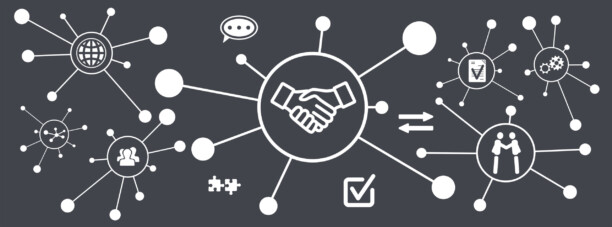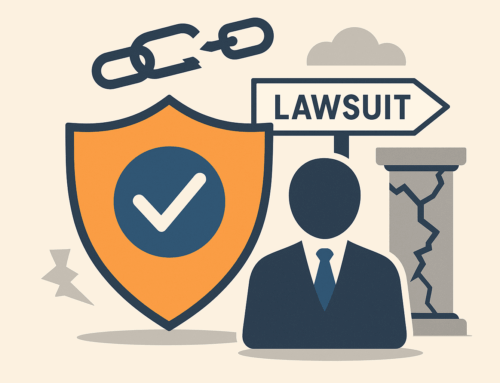When OpenAI introduced its new SDK for app integration this week, one demo stood out: Zillow.
Consumers can now ask ChatGPT about homes for sale, and in seconds, listings appeared with photos, prices, and details. It looks like the future of search. It’s impressive, but a violation of the terms of MLS data licensing.
But beneath the slick experience sits a serious problem. Zillow didn’t ask permission from the MLSs or brokers who own that data before transmitting it into OpenAI’s ChatGPT environment.
That’s not innovation with cooperation. That’s innovation without authorization for the sole benefit of Zillow.
The line Zillow crossed
Zillow’s IDX licenses permit it to display MLS data on Zillow.com and its mobile apps. Those permissions do not extend to publishing or transmitting that data on any other domain, especially one controlled by another company.
ChatGPT is not a Zillow property. It is a separate, third-party platform operated by OpenAI, which holds no data license with any MLS. When Zillow connected its MCP server to OpenAI’s SDK, it effectively republished MLS listings in an environment that no broker, MLS, or participant controls.
That’s a clear violation of the cooperative rules that underpin the MLS. It’s no different than Microsoft scraping MLS listings without a license and publishing them.
Zillow does not have the right to make MLS data available through ChatGPT. OpenAI does not have a data license. This is a breach of both the spirit and the letter of cooperation.
(For those who do not recall – the idea of domain control was developed to prevent this type of display – even as an iFrame. Remember when brokers wanted to buy the real estate page on newspaper websites and frame in their search – not allowed!)
Why this matters for MLS executives
The MLS exists to ensure that all brokers compete on a level playing field while sharing listings under a common set of rules. Those rules are what protect brokers from misuse, misrepresentation, and unauthorized redistribution of their data.
If a broker or vendor transmitted MLS data to an unlicensed third party, the MLS would shut them off immediately. The same standard must apply to Zillow.
Allowing this to stand sends a dangerous message: that some participants can bend the rules while others cannot. That’s not cooperation, it’s capitulation.

MLSs must act
The remedy here is simple and necessary. MLSs should suspend Zillow’s data feed until it brings its use of ChatGPT into compliance. Zillow can innovate with its own listings all it wants. But it cannot use broker-contributed listings as a public data feed for an unlicensed AI model.
MLS executives should also take this opportunity to set a clear precedent for AI-era data governance:
-
Enforce domain control
Listings may only be displayed on licensed, MLS-approved domains. Any use beyond that like MCP servers, SDKs, APIs, or AI integrations requires explicit approval.
-
Require AI-specific data licenses
Create an “AI Display Addendum” that defines how MLS data can be used with LLMs, SDKs, or AI applications. Without such an agreement, no MLS data may flow into external AI systems.
-
Audit all outbound data feeds
Ensure that every partner, from portals to vendors, complies with MLS rules for domain control and data use. MCP server integrations represent a new frontier and a new demand for clear policy.
-
Support broker-led innovation
MLSs can and should build their own AI integrations using the same SDK tools. This keeps innovation inside the cooperative framework and ensures that consumers receive trusted, broker-backed information directly from the source. Here, the MLS places the guard rails around search and display to the fair benefit of all MLSs. If you are looking for an outline of display rules, check out https://www.fairdisplay.org/.

Cooperation is the rule, not the exception
Zillow’s integration with ChatGPT might look exciting, but it crossed a bright line. Cooperation doesn’t mean asking for forgiveness later. It means following the same rules everyone else does.
If MLSs fail to act, they weaken the very foundation that makes cooperation possible.
This isn’t about blocking progress. It’s about protecting the rights of brokers who created the data, the consumers who rely on it, and the MLSs entrusted to enforce fairness.
Zillow built its business on cooperation. Now it’s the MLS’s job to defend it.




